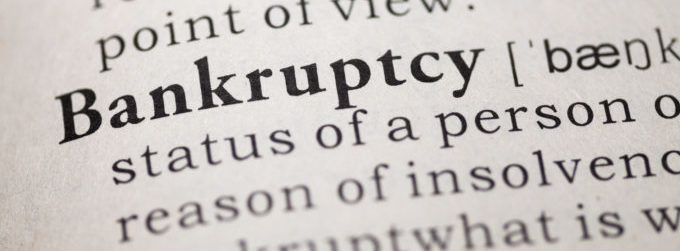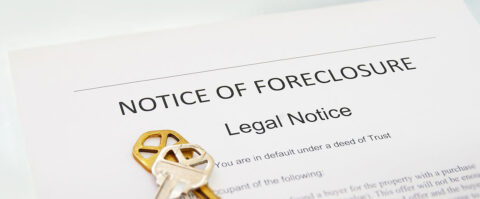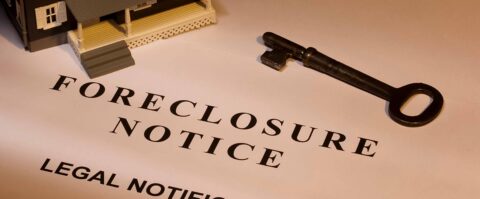Avoiding Foreclosure with a Loan Modification
Falling behind on mortgage payments or having your house foreclosed on is always extremely stressful and it can seem like there is little you can do to stop it. However, there are ways to relieve the pressure or temporarily halt the foreclosure. One of the best actions you can pursue is applying for a loan modification. Many people do not realize their options when it comes to modifying their loans.
There are a variety of loan modifications that can be pursued. Which are available to you depends on your circumstances and who the lender is. The most common modification types are:
- Principal Reduction – Also known as principal forgiveness, this modification permanently removes part of the total amount owed to the lender while offering a new monthly payment based on the new total.
- Principal Forbearance – A part of the amount owed to the lender is ignored when working out the monthly payments, so that the monthly payment is lower. The ignored amount only has to be paid at the end of the loan or if you attempt to sell or refinance the property.
- Late Fee Forgiveness – This entails the lender forgiving any late fees you have accrued due to missed payments.
- Loan Term Extension – Your monthly payment is lowered by extending the total term of the loan.
- Interest Rate Reduction – The interest rate is lowered by your lender in order to reduce monthly payments.
- Capitalization of Arrears – This is the most common type of loan modification. It involves having all your missed payments and fees added onto the end of the loan and possibly changing the interest rate and extending the term of the loan. It is possible that this type of modification actually increases the monthly payment.
We are often asked whether it is possible to receive a loan modification while pursuing another method of halting foreclosure: filing for bankruptcy.
Bankruptcy and the Automatic Stay
When you file for bankruptcy, if you are eligible, you will receive what is known as an automatic stay. This injunction stops all currently ongoing or future collection actions and attempts at repossession or foreclosure. This is designed to give debtors some breathing room while they pursue either elimination of all or some debts through Chapter 7 bankruptcy or set up a repayment plan with Chapter 13 bankruptcy. The automatic stay remains in place until the bankruptcy case ends or until a creditor successfully files a motion with the bankruptcy court to get “Relief from the Automatic Stay.”
Can I Get a Loan Modification During Bankruptcy?
It is possible to receive a loan modification during both Chapter 7 and Chapter 13 Bankruptcy. This would allow you to modify your loans and emerge from bankruptcy with an intact and current mortgage and fewer debts to pay.
It is important to note that filing for bankruptcy is not the best option for every situation, and you should consult with an experienced Bankruptcy Attorney to see if Bankruptcy makes sense for you. This office does NOT file Bankruptcies, but if you need help with impending foreclosure or you are looking for guidance on obtaining a loan modification prior to, during or after bankruptcy, contact the law firm of Ira J. Metrick today so we can discuss your situation.




